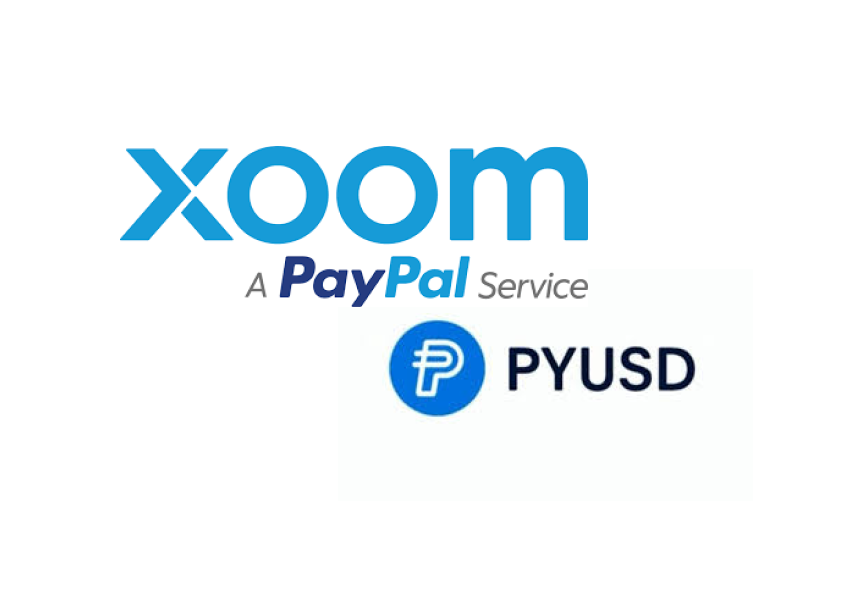
PayPal Holdings has expanded its Xoom cross-border money transfer service, allowing customers to send funds abroad using US dollars converted from the PayPal USD stablecoin, marking another milestone in cryptocurrency's influence on international remittances.
Last August, PayPal became the first major financial services company to unveil PYUSD, a stablecoin pegged to the US dollar and issued by Paxos Trust. This stablecoin enables customers to redeem PYUSD for US dollars and utilize it for purchases and acquiring other cryptocurrencies.According to Jose Fernandez da Ponte, Senior Vice-President of PayPal's Blockchain, Cryptocurrency, and Digital Currency Group, the integration of PYUSD into Xoom aligns with PayPal's objective to advance mainstream cryptocurrency adoption. It also provides a secure and cost-effective method for sending money globally to friends and family.
Despite advocates touting stablecoins for their ability to facilitate quicker, cheaper, and simpler transactions, these digital assets face rigorous scrutiny from regulators. Meta Platforms encountered substantial resistance to its Diem stablecoin initiative in 2022, leading to its dissolution following backlash from policymakers.
Nevertheless, other entities are undeterred and are entering the stablecoin arena. Deutsche Bank's DWS Group, Dutch market maker Flow Traders, and crypto fund manager Galaxy Digital Holdings are collaborating to launch a stablecoin tied to the euro.
Meanwhile, Ripple Labs, amidst a protracted legal dispute with the US Securities and Exchange Commission (SEC) over allegations of selling unregistered securities, intends to introduce its own US dollar-denominated stablecoin later this year.
The evolution of stablecoins like PYUSD in services such as Xoom underscores a transformative trend in global finance, where digital currencies increasingly intersect with traditional financial services, despite regulatory challenges and industry dynamics.